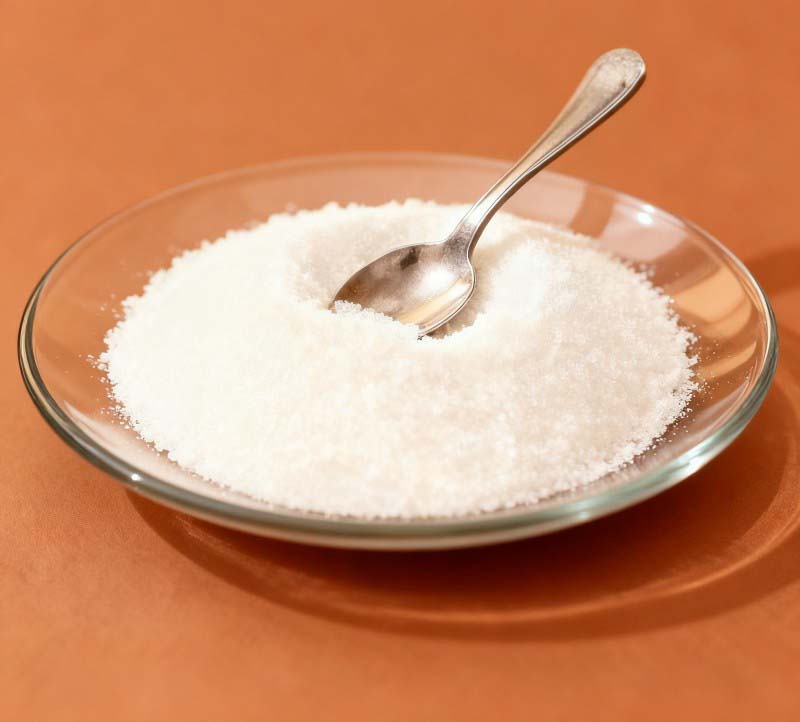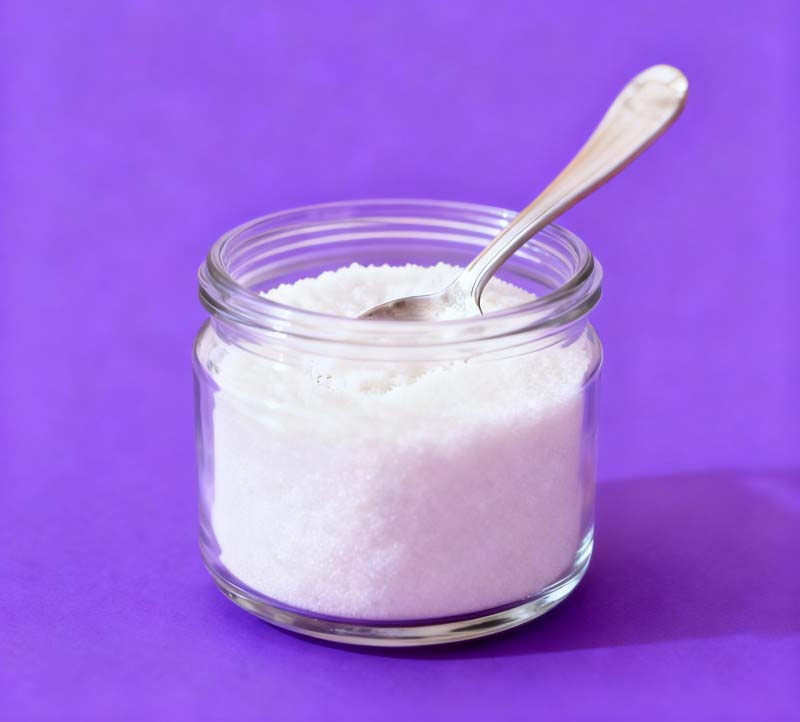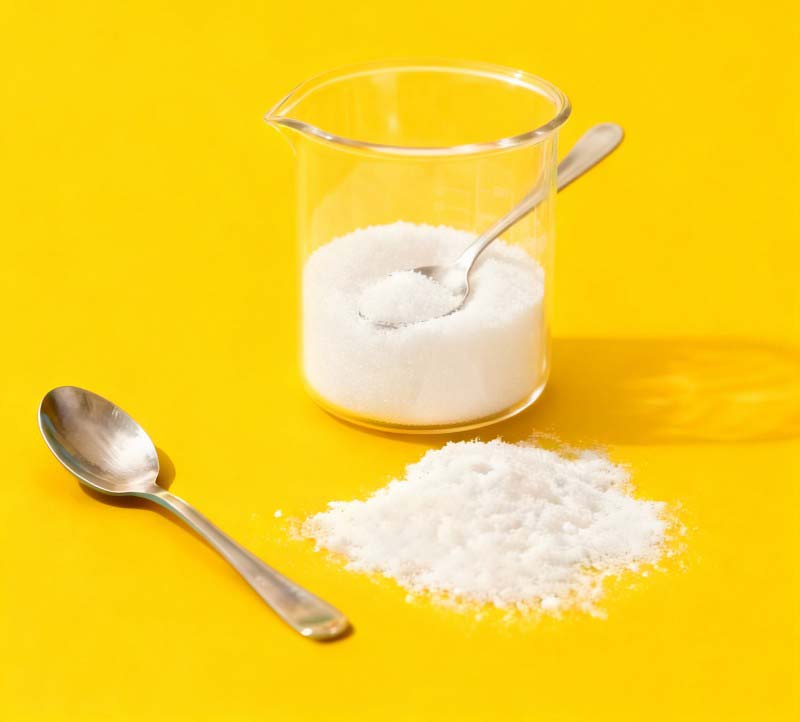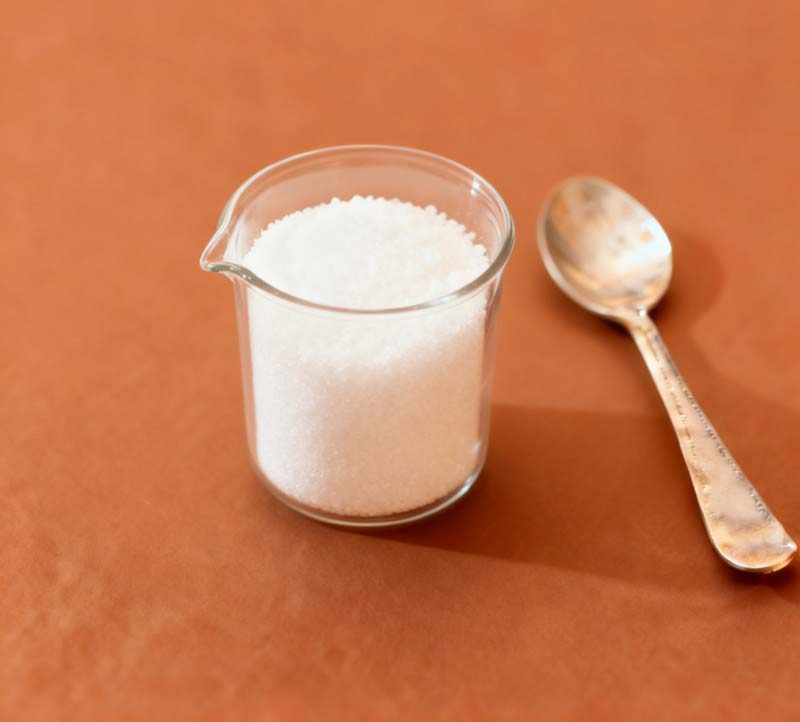Biotin: The Comprehensive Guide to the "Beauty Vitamin"
The English word for 生物素 is Biotin. You might also come across its older names, Vitamin B7 or Vitamin H.

Often hailed as the “beauty vitamin,” Biotin has surged in popularity for its purported benefits for hair, skin, and nails. But what exactly is it, how does it work, and who really needs it? This guide will answer all your questions about this essential nutrient.
Biotin is a water-soluble B-vitamin (B7) that acts as a crucial coenzyme in your body. It plays a vital role in converting the food you eat—carbohydrates, fats, and proteins—into energy. In simpler terms, biotin helps your body metabolize and use the nutrients from your diet effectively.
The claims about biotin’s benefits are widespread. Let’s break down the science behind the most common ones:
Hair Health: Strengthening and Growth
Biotin is most famous for its role in supporting healthy hair. A biotin deficiency can lead to hair thinning and loss. For individuals with a confirmed deficiency, supplementing with biotin can significantly improve hair strength, volume, and growth. For those with normal biotin levels, the evidence for dramatic hair growth is less conclusive, but it may still contribute to overall hair quality by supporting the keratin infrastructure (the protein that makes up hair).
Nail Health: Fortifying Brittle Nails
Research has shown that biotin supplements can be effective in increasing nail thickness and reducing splitting and brittleness. Studies indicate that taking biotin over several months can lead to a 25% increase in nail thickness for people with brittle nails.
Skin Health: A Radiant Complexion
Biotin supports the health of your skin by playing a role in fat metabolism. This is important for maintaining healthy skin cell function and oil production. A deficiency can cause a red, scaly skin rash, particularly around the eyes, nose, and mouth. While topical biotin is less common, ensuring adequate intake helps maintain skin’s foundation.
Metabolic Support: The Energy Converter
As a key player in metabolic processes, biotin helps your body’s enzymes break down macronutrients. It aids in:

Pregnancy and Breastfeeding
Biotin is critical for embryonic growth. Mild biotin deficiency is relatively common during pregnancy, so prenatal vitamins typically contain biotin to support both the mother’s health and the baby’s development.

You can maintain healthy biotin levels through a balanced diet. Excellent food sources include:

True biotin deficiency is rare because the daily requirement is relatively low and it’s present in many foods. However, certain groups are more susceptible: